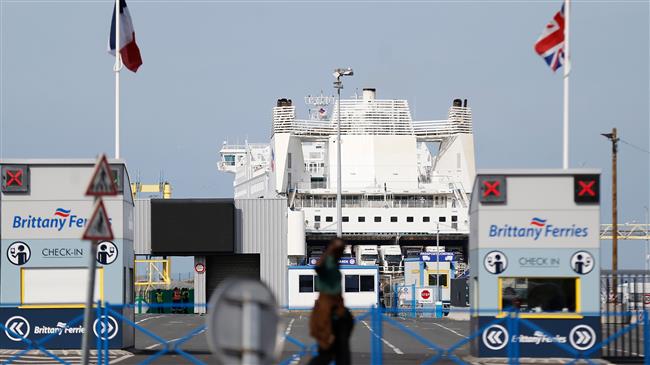UK should end EU migrants preferential treatment: Government committee
The UK government’s migration advisory committee (MAC) has recommended that London should end its special treatment of European Union citizens after it leave the bloc in March next year.
The MAC said in a report on Tuesday that only high-skilled workers from EU countries and elsewhere should receive preferential treatment and lower-skilled workers should be treated like others who migrate to Britain from outside the EU.
The report said unless the UK government wanted to use the issue of migration as a bargaining chip in Brexit negotiations with Brussels, there was no need for the country to continue to treat EU migrants preferentially.
“We do not see compelling reasons to offer a different set of rules to EEA and non-EEA citizens unless the UK wishes to use migration in negotiations,” said the report.
Increased migration into UK, especially from poorer EU members in Eastern Europe, was a key driver of a referendum in 2016 that led to Britain’s withdrawal from the EU. The government of Prime Minister Theresa May has failed to reach its objectives of reducing the total number of migrant arrivals in the UK to below 100,000 a year.
Experts have also criticized the government for its way of handling immigration, saying the policy to meet annual net migration targets would affect many public services that use skilled foreign workers.
MAC chair Alan Manning said that the caps imposed by the government were more indicative of a political agenda than a migration policy.
“If you want to influence flows it is much better to vary things like the salary thresholds and the immigration skills charge than it is to have hard caps and quotas,” said Manning on Tuesday.
VIDEO | Iran-Syria: For Resistance
Qassam Brigades claims killing 3 Israeli troops in northern Gaza
More alive than ever: Sayyed Hassan Nasrallah's legacy grows stronger in martyrdom
Occupation of Syria’s highest peak Mount Hermon part of ‘Greater Israel’ project
Iran: Syrian people will decide their future without foreign interference
IRGC says Iran’s power exceeds borders, warns enemies to adjust themselves
Dozens detained, several wounded in Israeli raids in West Bank
‘Ethnic cleansing’: Hamas blasts Israeli attacks on Gaza hospital amid intl. silence











 This makes it easy to access the Press TV website
This makes it easy to access the Press TV website